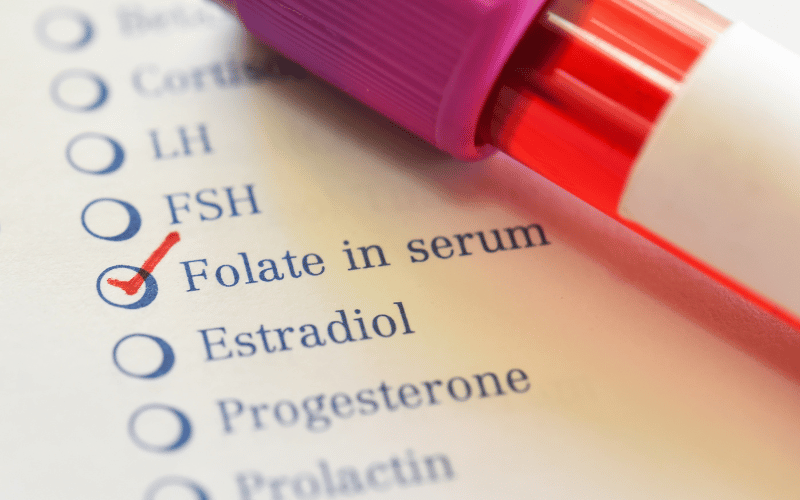Cause 3. Folate Deficiency: A Crucial Building Block for Red Blood Cells

Folate, also known as vitamin B9, is another essential nutrient involved in the production of red blood cells. A deficiency in folate can lead to a type of severe anemia called megaloblastic anemia, characterized by the production of abnormally large and immature red blood cells.
The most common cause of folate deficiency is insufficient dietary intake. Foods rich in folate include leafy green vegetables, citrus fruits, beans, and fortified cereals. Alcoholism can also contribute to folate deficiency by interfering with the body’s ability to absorb and store the nutrient.
Pregnant women have an increased need for folate, as the nutrient is vital for proper fetal development. A deficiency during pregnancy can lead to neural tube defects in the baby, so it’s crucial for expectant mothers to consume adequate amounts of folate through diet or supplementation.
Certain medications, such as anticonvulsants and methotrexate, can interfere with folate metabolism and contribute to a deficiency. In these cases, your healthcare provider may recommend supplemental folate to help maintain adequate levels. (3)